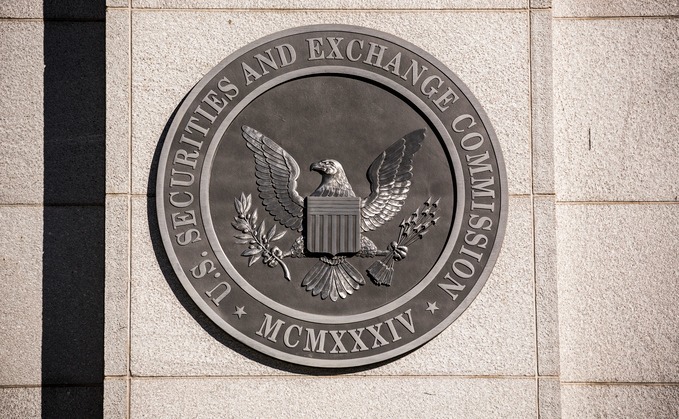New Rule on Greenhouse Gas Disclosures: The SEC Leads the Way in Environmental Transparency
The Securities and Exchange Commission (SEC) has approved a new rule requiring publicly traded corporations to report their direct greenhouse gas emissions.


The Securities and Exchange Commission (SEC) just approved a clever new rule. Now, publicly traded corporations are required to disclose how much greenhouse gas they emit into the atmosphere. It's a significant deal, and it approved by a 3-2 vote at an SEC meeting.
But wait—there's more! This law, titled "The Enhancement and Standardization of Climate-Related Disclosures for Investors," also requires US corporations to disclose how they use carbon offsets and how much it costs them. They also need to discuss how climate change may affect their business and finances.
There were some clever terminologies like "Scope 1, 2, and 3 emissions," but they omitted the trickiest one, Scope 3, from the final rule. Scope 1 refers to what a corporation directly emits into the atmosphere, Scope 2 refers to the pollution caused by the energy they purchase, and Scope 3 refers to what their customers or suppliers produce.
If Scope 1 and 2 emissions are essential to investors, companies must disclose them. It's similar to informing investors about how much pollution a company generates, which may influence their decisions.
After much discussion, the SEC decided not to require corporations to disclose Scope 3 emissions. People couldn't agree on how to measure it, and several huge firms, particularly those involved in fossil fuels, were opposed to the idea.
But here's the truth: Companies must now disclose the costs of utilizing things like carbon credits to reduce pollution. It's similar to showcasing their receipts for being more environmentally friendly. This allows investors to determine which companies are truly committed to environmental stewardship.
There are also three major restrictions for corporations with fancy words like "accelerated filers" (companies with a large number of valuable shares), but all you need to know is that they must publish more information about their pollution and disclose the expenses of major weather disasters.
Some argue that this is a significant step toward companies being more transparent about their environmental impact. Others are suspicious, believing that firms may withhold critical information.
Finally, the SEC believes that around 2,800 large corporations in the United States should begin informing the public about their climate risks. That's about half of all the major corporations in the country!
To sum up, the new SEC requirement is similar to highlighting the environmental initiatives of businesses. It's beneficial since it forces companies to disclose their environmental impact in an open manner. Investors and the public may now see who is truly committed to a cleaner future by forcing them to divulge information about greenhouse gas emissions and other eco-related matters.
Why is this relevant now on a global scale? Yes, it's a strong example. There might be a global norm for businesses to be transparent about their environmental initiatives if additional nations enact laws along these lines. This benefits everyone who is concerned about the environment, not just investors.
Consider a world in which businesses were required to disclose their pollution levels and their efforts to mitigate them. It would level the playing field and motivate companies worldwide to improve their environmental performance. In addition, it might encourage healthy rivalry to see who can be the most responsible and environmentally friendly.
Therefore, even if the SEC rule is revolutionary for the US, it may also encourage other nations to adopt similar policies. An international movement promoting corporate environmental practices' transparency? That is a trend that should be followed!
Pic: Getty Images
Share this story:
Share this story:
